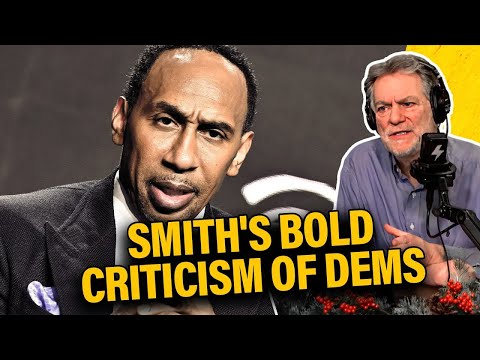**The Changing Landscape of American Politics: A Closer Look at Mitt Romney’s Perspective**
In the aftermath of last month’s election, political conversations are buzzing louder than ever. Among the notable voices in this discourse is Mitt Romney, a seasoned political figure who is sharing his thoughts on the state of both Republican and Democratic parties. His reflections seem to strike a chord with many, shedding light on the dramatic shifts that have occurred and the potential path forward for Republicans.
Romney recently made waves, suggesting that the Republican Party is at a crossroads. He acknowledged a need for the party to potentially rebuild or reorient itself in this ever-evolving political landscape. The question that hangs in the air, as he poses, is whether there will be a “post-Trump” Republican party. While he recognizes that Trump is still at the helm, shaping the party’s identity, he also hints that changes may be necessary. It’s almost like watching a caterpillar transform into a butterfly—there’s beauty in the chaos, but the outcome remains uncertain.
The core of Romney’s argument revolves around the shifting voter base. He notes that the Republican Party has increasingly become the champion of working-class and middle-class voters. This shift has starkly contrasted with the Democrats, who, according to Romney, have alienated their traditional supporters. With figures like Bernie Sanders and Elizabeth Warren veering the party towards policies that have frustrated many, it appears that the Democrats are in a bit of a pickle. The irony? The working-class heroes they once touted are now finding a home within the Republican Party.
As Romney sees it, the Democratic Party appears to be grappling with its own identity crisis. No longer the party of the working class, their base is seemingly filled with a mix of affluent elites, academic professionals, and idealists who may not resonate with everyday Americans. This transformation raises crucial questions about who the Democrats represent today. As workers leave, it brings to mind the age-old question: who is really working for the common man? A puzzling scenario, indeed!
Romney’s observation that the Republican Party has benefited from the Democrats’ missteps has led many to a curious conclusion: Mitt losing the 2012 election might, in hindsight, have been a blessing in disguise for the GOP. As Romney paints a picture of what was old, it’s clear that he’s grateful to have avoided a more progressive path staked out by his previous campaign. In a political game where the rulebook seems to change by the hour, sometimes a little self-reflection can illuminate a clearer path forward.
Meanwhile, there are other curious voices breaking through the typical political din. The likes of ESPN host Stephen A. Smith are making waves by calling out the Democrats for straying too far from their roots. He highlighted the recent bombshell revelation by the Justice Department that suggested a larger-than-expected FBI presence during the January 6 Capitol events, hinting that the narrative pushed by Democrats may not be as forthright as they claim. This pushback against perceived media bias and misinformation resonates with Republicans and might indicate a broader shift in political sentiments across various platforms.
In conclusion, as Mitt Romney and others assess the current state of American politics, it’s becoming evident that both parties are navigating uncharted waters. The Republican Party appears to be on the verge of redefining itself, while the Democrats wrestle with their changing identity amidst a disenchanted voter base. Whether it’s Romney’s nostalgia for the past or Smith’s fresh take on present-day issues, one thing is for certain: the political landscape is ripe for re-examination, and as the saying goes, change is the only constant in life. Buckle up, everyone—the political roller coaster is just getting started!



